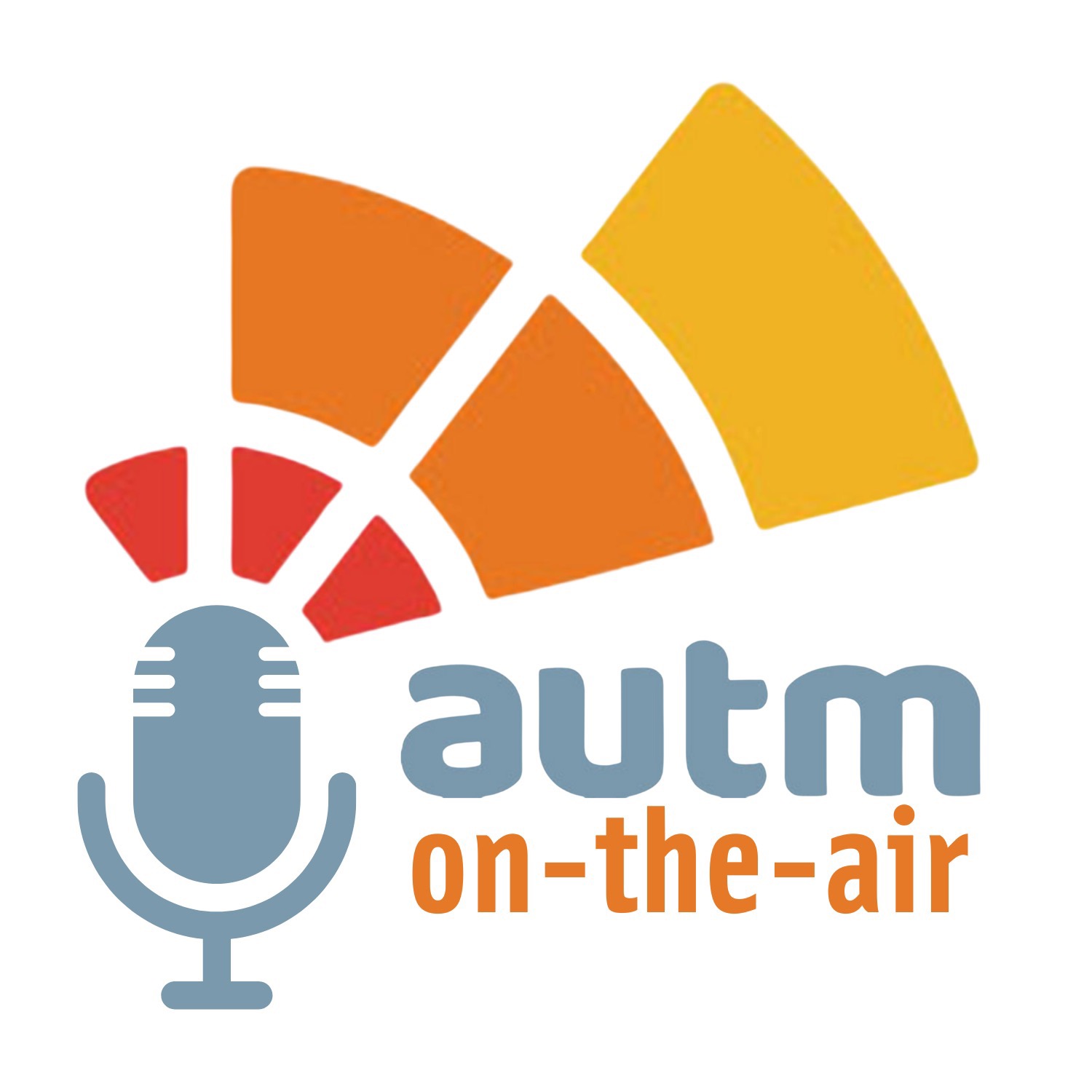Research to Revenue: Don Siegel on the Role of University Tech Transfer and Industry Partnerships
Description
Navigating the intricacies of university-industry partnerships is more important than ever in an era when colleges increasingly see their intellectual property portfolios as attractive sources of prospective revenue. Today, I'm thrilled to have Donald Siegel join us to talk about university-industry partnerships, as described in his book The Chicago Handbook of University Technology Transfer and Academic Entrepreneurship.
Don is a Foundation Professor of Public Policy and Management at Arizona State University and Co-Director of the Global Center for Technology Transfer. With a remarkable career that includes serving as Dean of the School of Business at the University at Albany, SUNY, and editing prominent journals such as the Journal of Technology Transfer, he has unrivaled knowledge of university technology transfer and academic entrepreneurship.
Don and his co-editors have prepared a thorough guidebook that synthesizes cutting-edge research and gives critical insights from experts across many fields. Today, we'll look at key themes from the book, including the evolution of technology transfer, intellectual property management systems, and how to foster an entrepreneurial culture within universities.
In This Episode:
[02:14 ] All of the authors are academics that have been studying Tech Transfer. They've seen the field evolve as an academic field. It's a global phenomenon and people in multiple disciplines have been studying this field.
[03:06 ] They decided to approach the University of Chicago Press and pitch their idea. It was a difficult sale, because they've never done a handbook or anything on tech transfer.
[04:36 ] It's a collection of leading edge research on the topic.
[05:04 ] One of the chapters is an entrepreneur's guide to the university. Open innovation is one of the important concepts.
[06:40 ] One of the major changes that Don has seen are people with business and entrepreneurial experience in the Tech Transfer office.
[07:39 ] They've moved beyond licensing and patenting with a greater focus on entrepreneurship.
[09:22 ] There's also a much greater appreciation of the role of technology and economic development.
[11:20 ] Don talks about how AUTM has changed and how they have more real world professionals with business experience. There's a strong entrepreneurial component to what Tech Transfer does.
[12:44 ] Tech Transfer offices also play a very important role in educating faculty and administrators about the value of Tech Transfer.
[15:01 ] Social returns to basic research maximize the value to the economy and society.
[16:55 ] Tech Transfer offices are under resourced. One of the problems is stakeholders don't understand the value.
[19:39 ] Don talks about using business school students to get engaged with Tech Transfer.
[26:20 ] We need to hire university leaders that value Tech Transfer and understand how important it is.
[28:10 ] Prosocial Tech Transfer and defined ways of measuring it. Interviewing and surveying faculty to understand what motivates them.
[30:53 ] Psychological issues and the importance of champions and leadership. Tech Transfer role models are important.
[36:47 ] How there is a larger interest in Tech Transfer abroad. There's a much stronger international presence.
[42:09 ] Immediate actions include more successful marketing of Tech Transfer within the university. The responsibility falls on the leaders. Academic entrepreneurship and messaging.
[44:39 ] It's also been difficult to get minorities interested in Tech Transfer as a profession.
[47:37 ] The three key takeaways that Don would like to highlight includes whoever manages the university needs to think of Tech Transfer as a major strategic issue.
[48:58 ] Tech Transfer strategy asking whether it's a priority. Set institutional goals and priorities.
[49:28 ] If it is a priority, the resources should reflect that.
[50:16 ] Which modes of tech transfer should be stressed? How should it be rewarded?
[53:39 ] Strategies for stressing startups.
Resources:
The Chicago Handbook of University Technology Transfer and Academic Entrepreneurship





